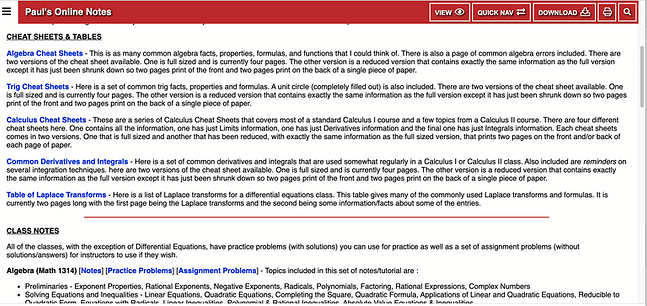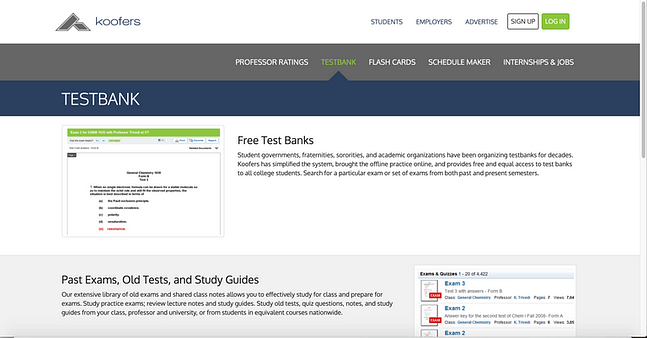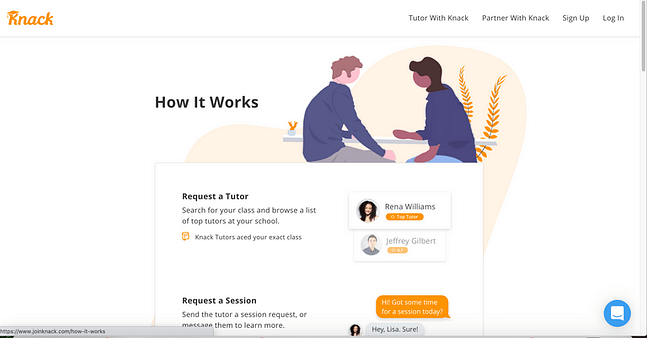Avoid Failing a Class by Taking Immediate Action
Everybody struggles at some time or another in college. Don't panic if you feel you are stuck or are worried about failing a class. There are things you can quickly do to help you better understand the concepts and coursework from your classes. Listed below are a few tips to help you find the right help at the right time.
5 Steps to Take If You Are Struggling in a Class.
1. Make an appointment with your professor during office hours.
There are no recorded events of professors biting their students, so go ahead and make an appointment. Do not think you are bothering your professors; they enjoy helping their students comprehend the course material. They can help you "crack the code" on whatever subject or concept you are struggling to understand. Professors and teaching assistants should be able to pinpoint the specific areas in which you are struggling and recommend steps to address your challenges. Office hours do not have to be in-person, online conferences can be just as helpful.
2. Form or Join a Study Group.

Check your school for official or organized study groups. Many colleges have internal or external organizations dedicated to particular class studies. If a group setting worries you, find one other student in class who understands the material to act an informal tutor or study buddy. Frequently, students understand concepts better when a peer explains it to them. Make sure you practice teaching the material or concept back to your study buddy as this will further reinforce the concepts.
3. Look for YouTube Tutorials or Online Material.
A number of helpful YouTube channels exist which have been described as life savers when it comes to explaining difficult to understand concepts or problems. There are channels devoted to biology, chemistry, physics as well as algebra and calculus. Learn more about the best science channels here and math channels here.
There is a large variety of subject-specific material available online. For example, if you are struggling with differential equations, you could read over lessons and practice problems with solutions from the Paul's Online Math Notes website and watch a tutorial from the 3Blue1Brown YouTube channel. It can be really effective just to hear someone else explain it a bit differently or to have detailed illustrations or animation as visual examples.
4. Seek out Test Banks and Online Study Assistance.
There are a number of free and paid online resources available to help you better understand topics and solve difficult problems. These resources range from test banks like Koofers to full blown question/problem resolution sources like Study Blue. Koofers offers an extensive library of past exams, class notes, study guides and flash cards. Study Blue, Course Hero and Chegg Study offer a combination of study guides, flashcards, 24/7 homework help and “textbook solutions” which are step-by-step explanations of material using specific college textbooks.
5. Find a Tutor.
Check with your professor or academic advisor for a referral to a tutor who specializes in the subject you need help with. Many colleges will have tutoring available within each academic department or a department within academic advising/support or student services. Some colleges partner with external partners to offer tutoring. Knack is a popular online tutoring service that matches up students with tutors who have mastered specific subject areas. During this COVID pandemic, Knack has been working with many college tutoring departments to transition their face-to-face tutoring to online tutoring.
You can also reach out to other students, particularly upper classmen to get advice and referrals. Make sure to check any Facebook groups or other student chat rooms and forums for additional referrals.
Take Action. Don't Procrastinate.
Struggling a bit in college is perfectly normal. The important thing is to not procrastinate on seeking help. The quicker you tackle the problem, the sooner it will get solved and the less anxious you will feel.
Photo Credit Header Image: Tim Gouw at Unsplash



